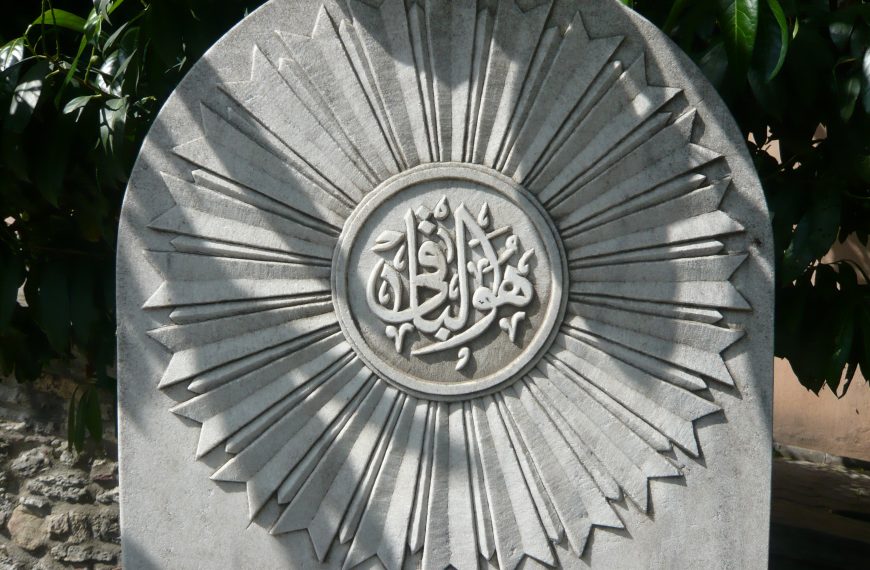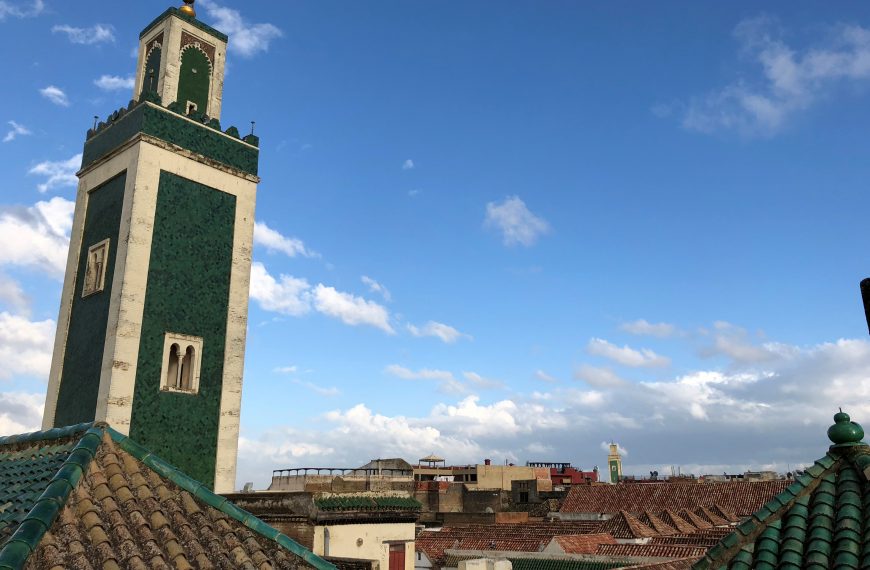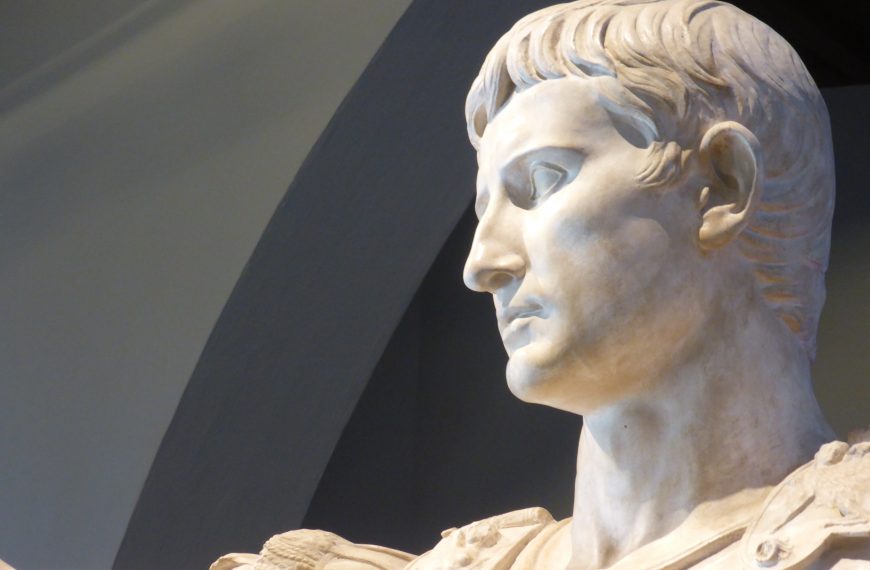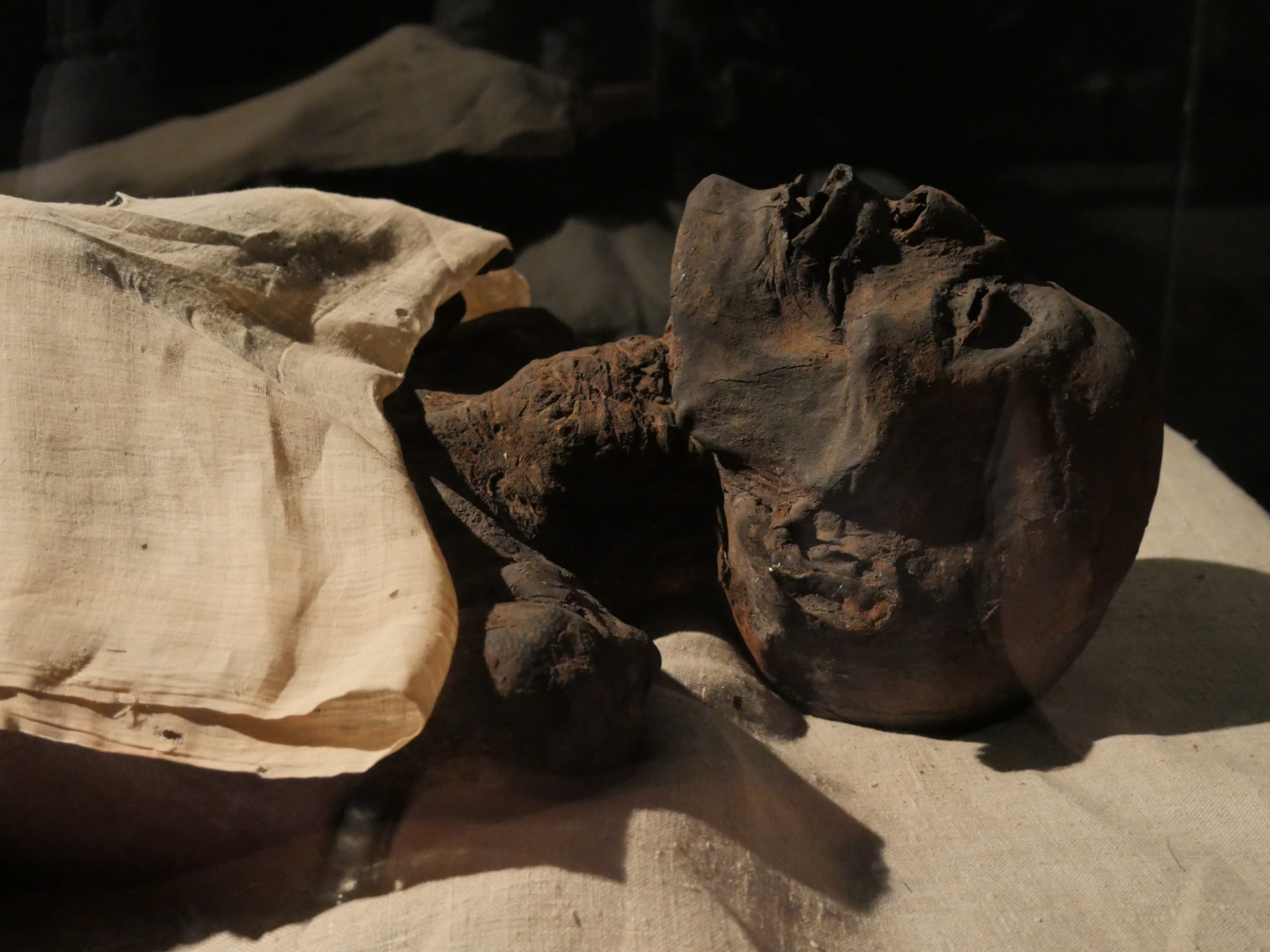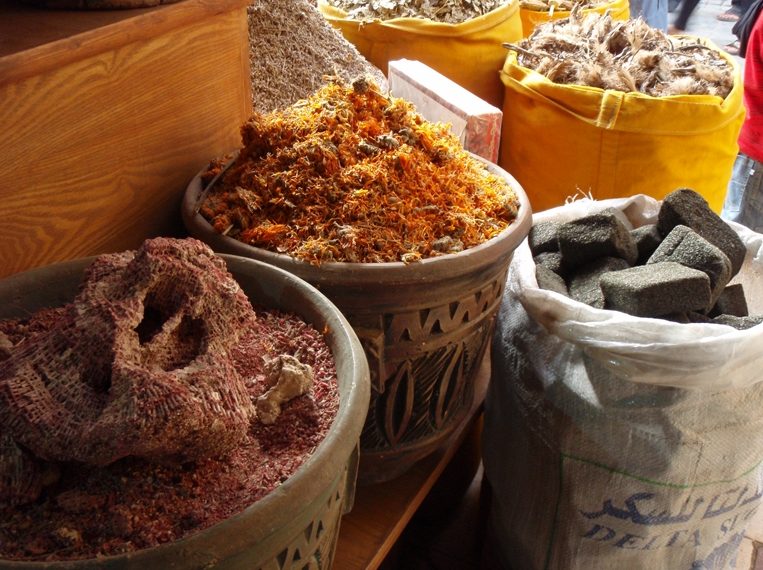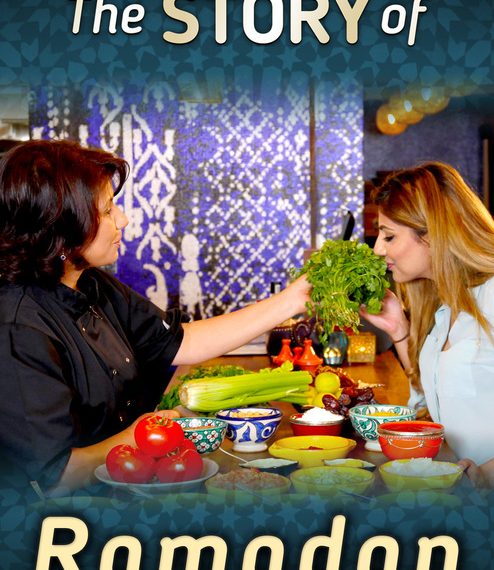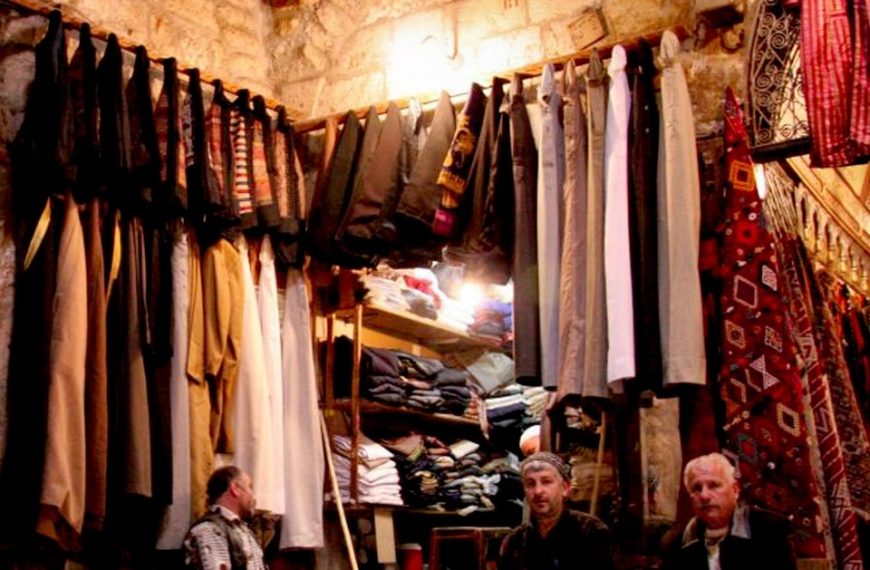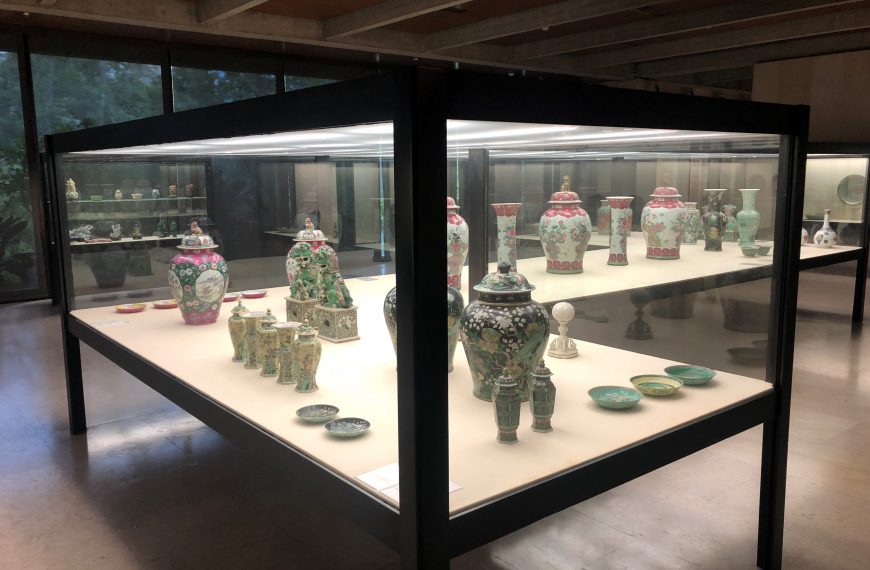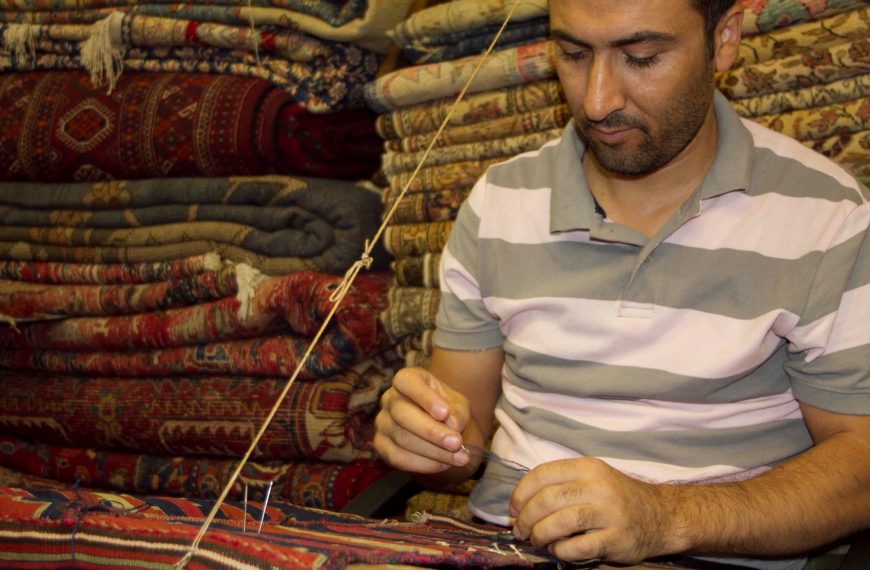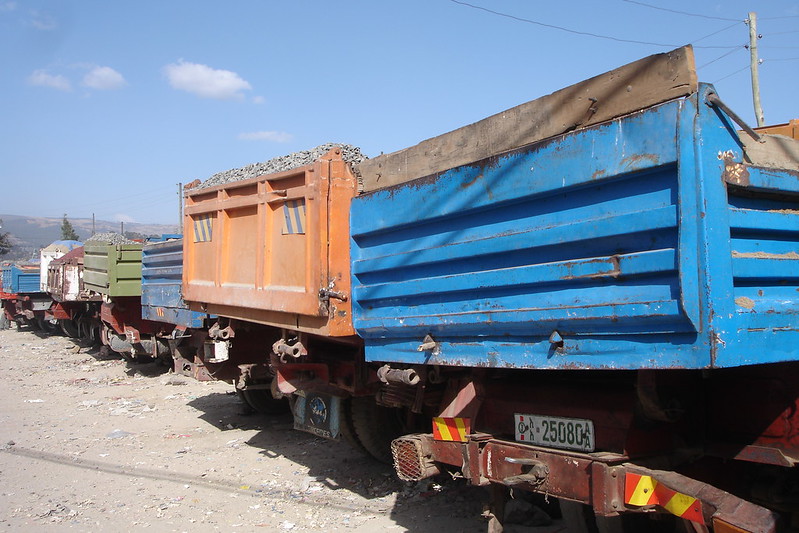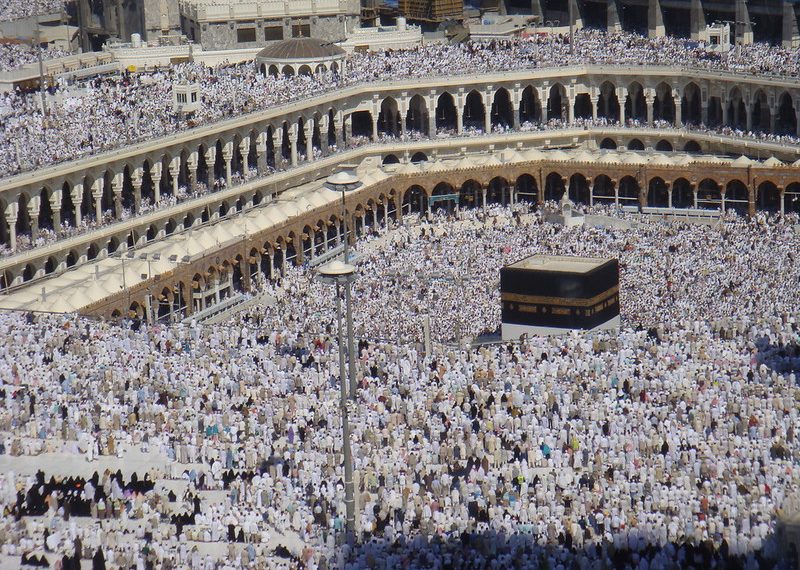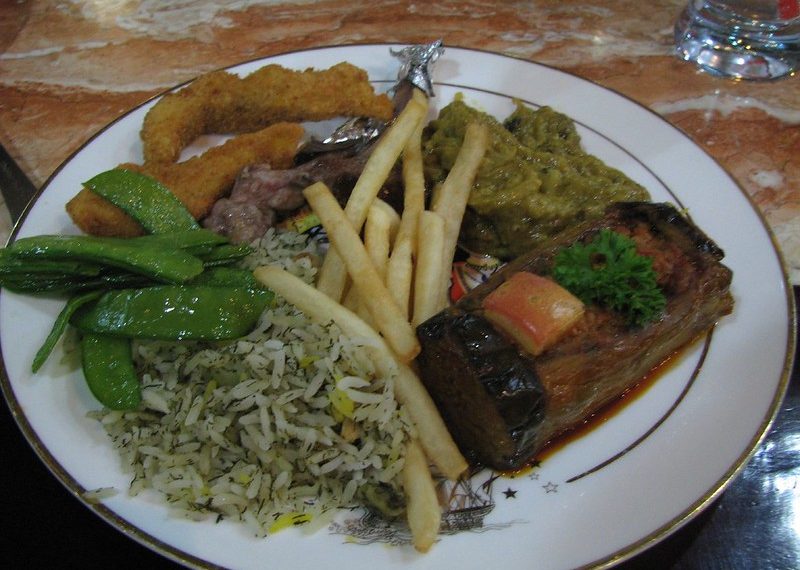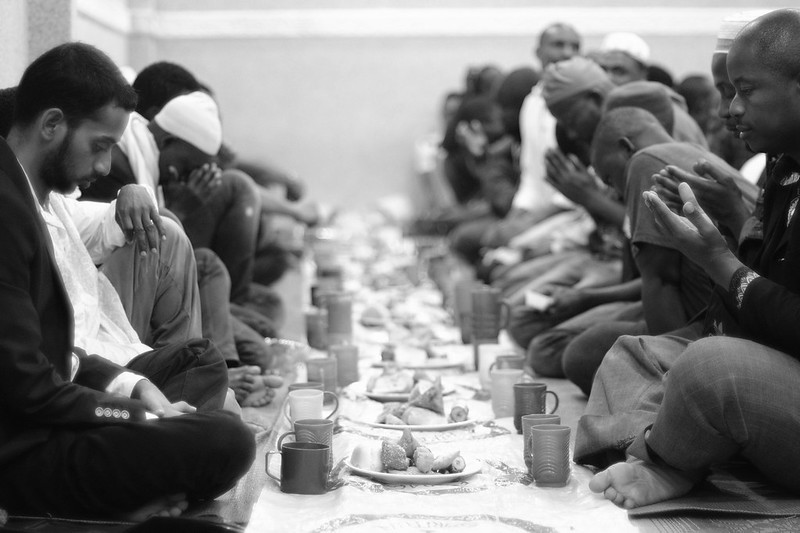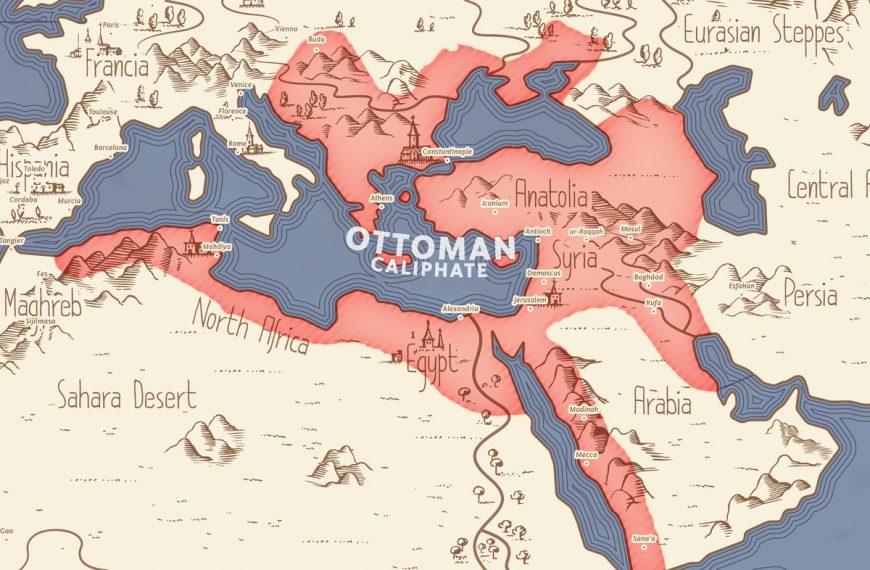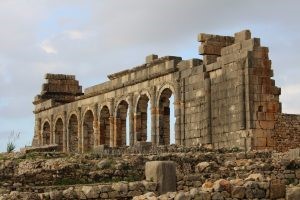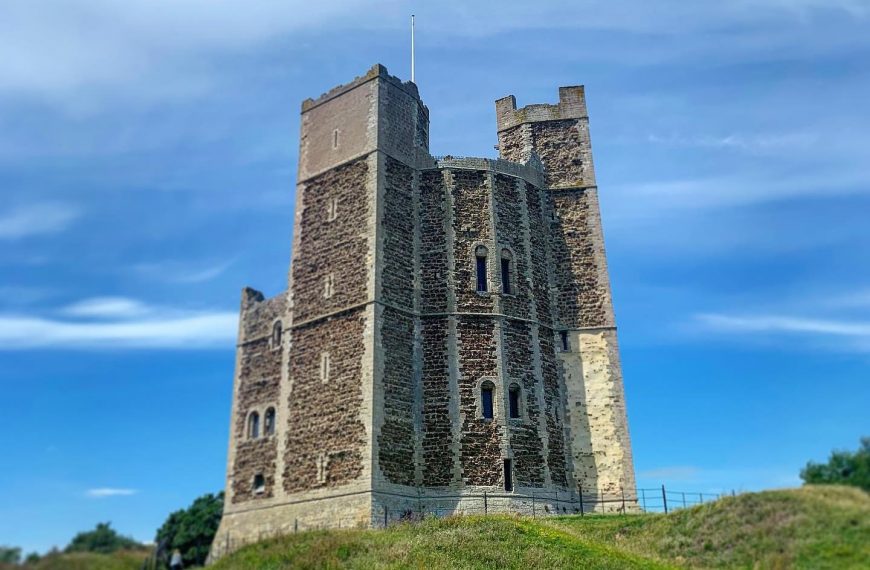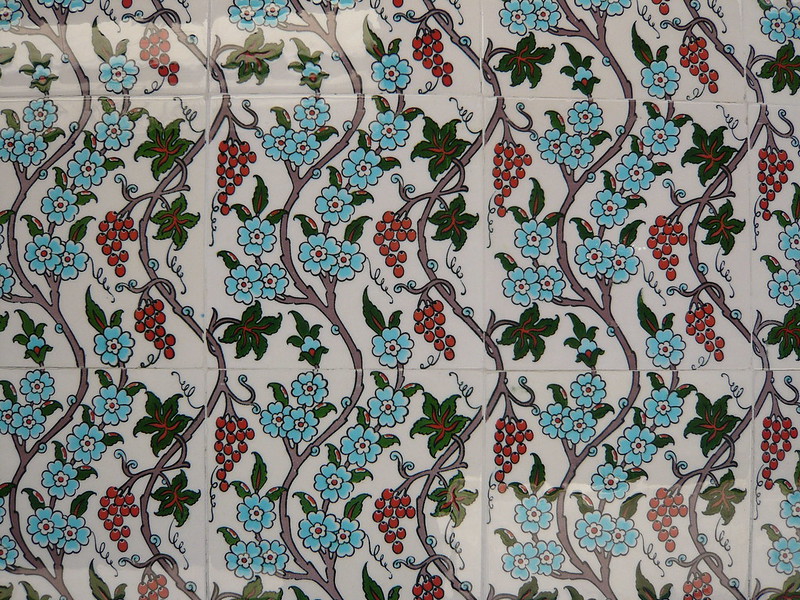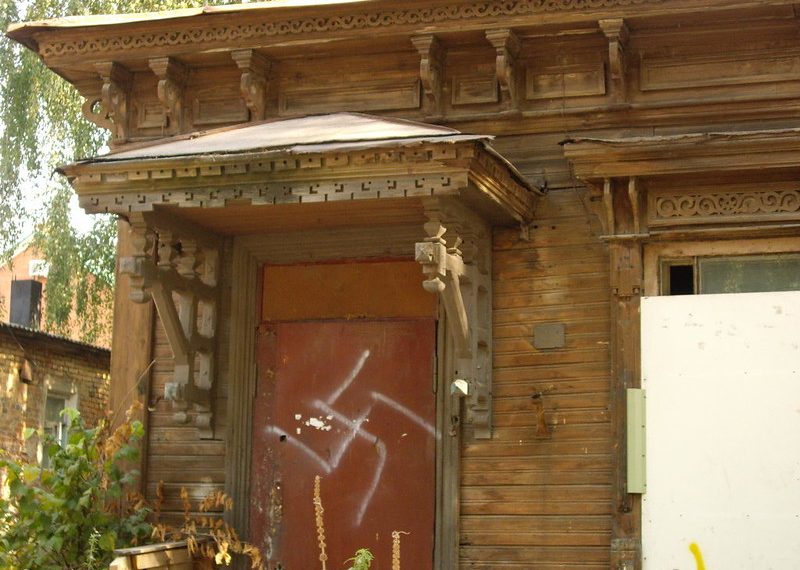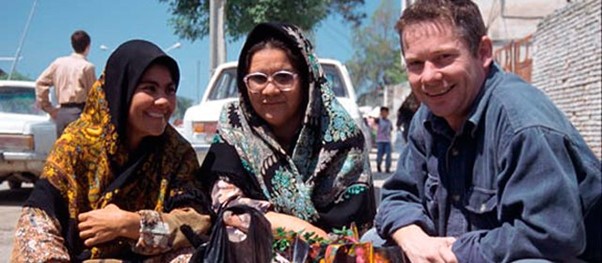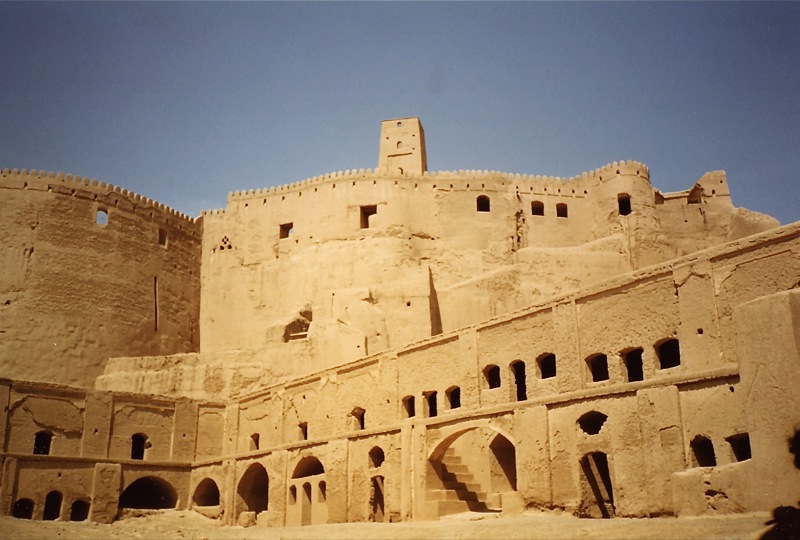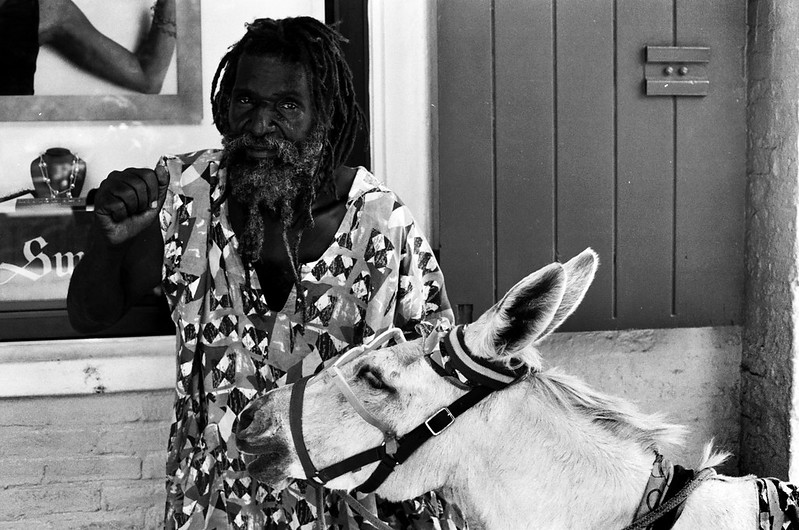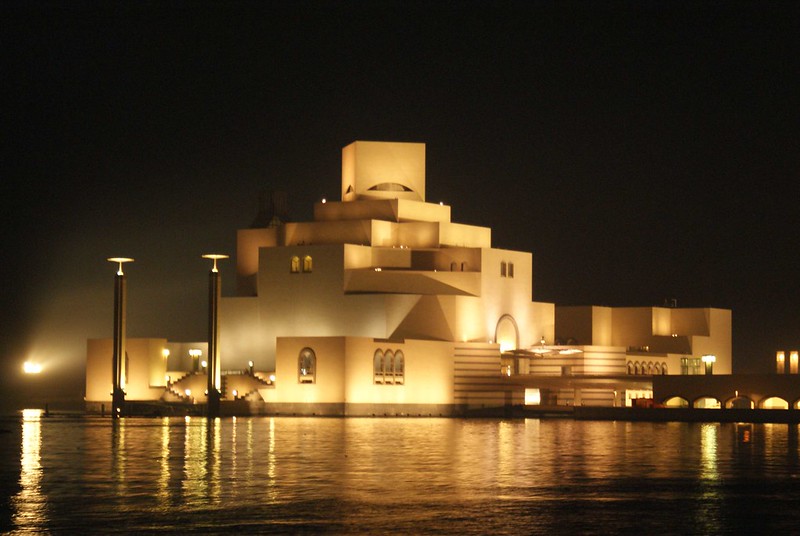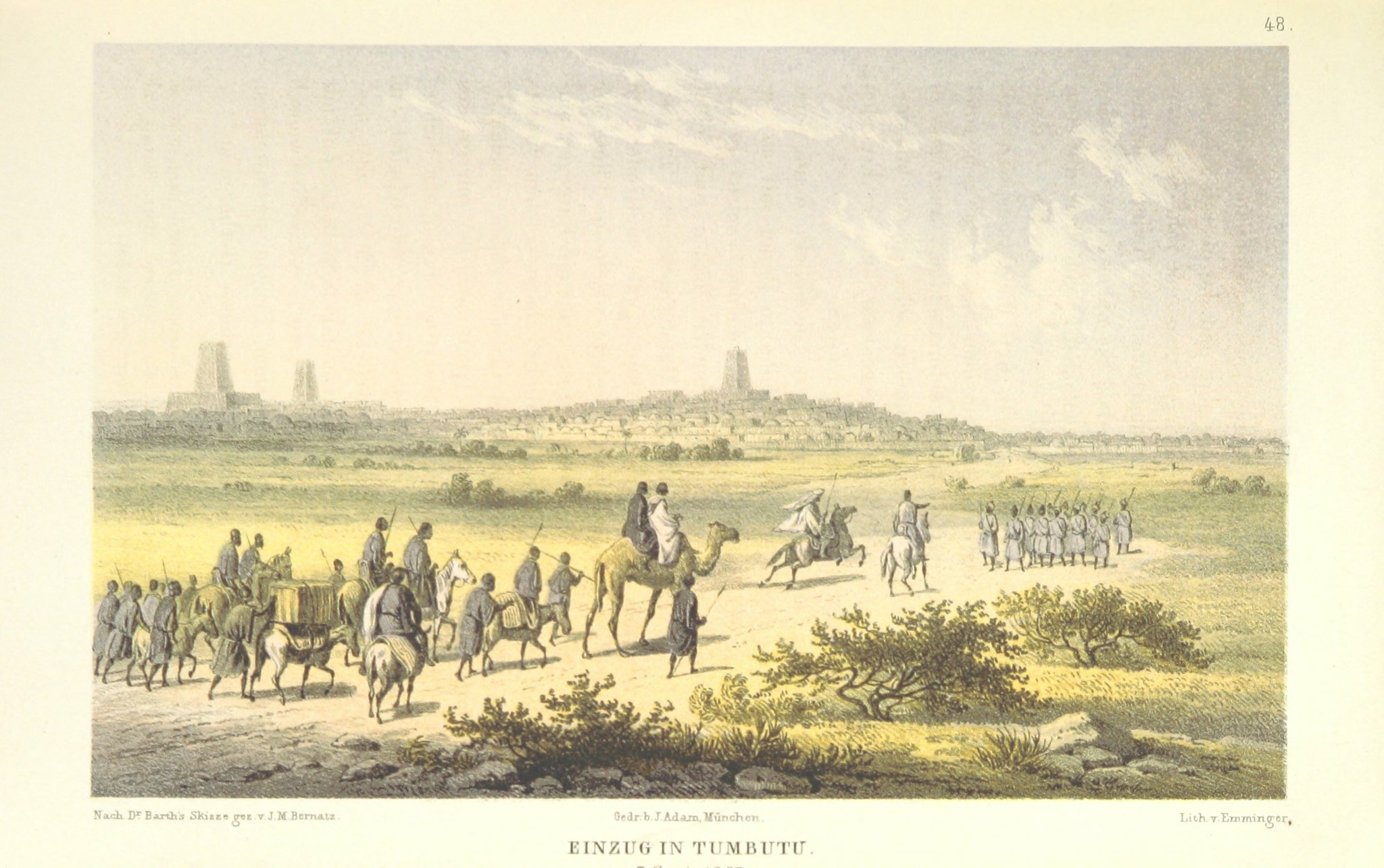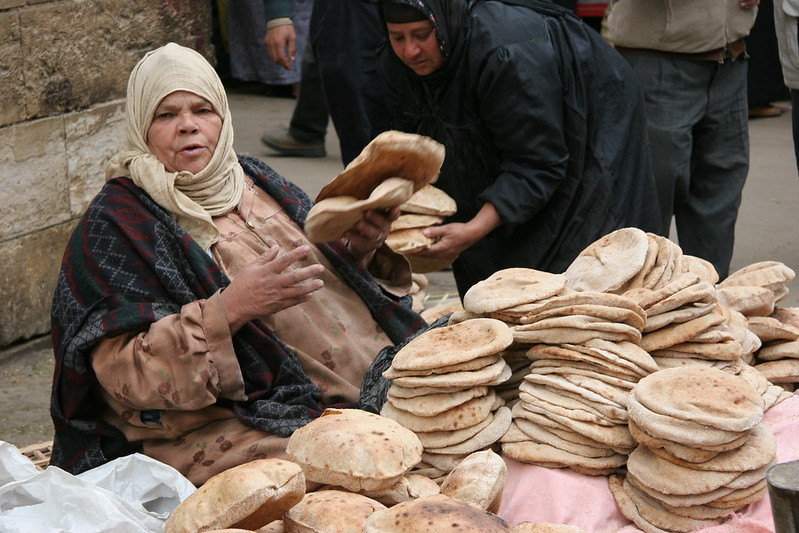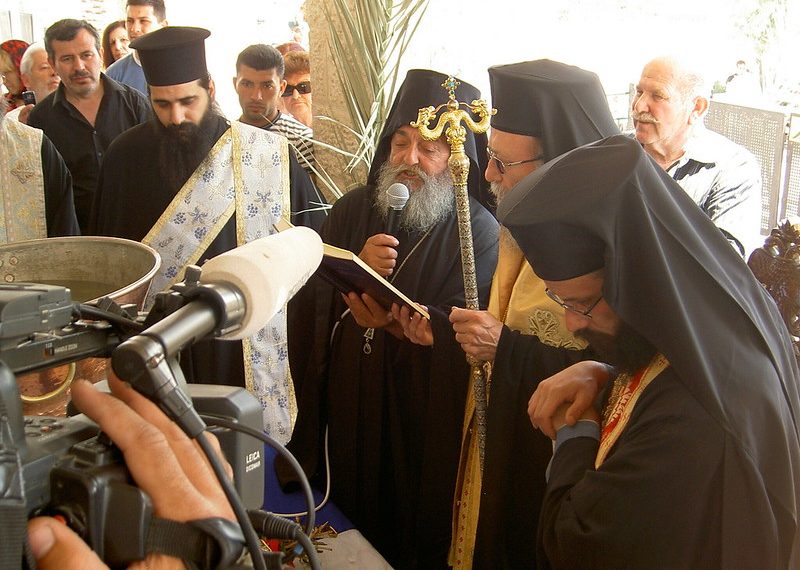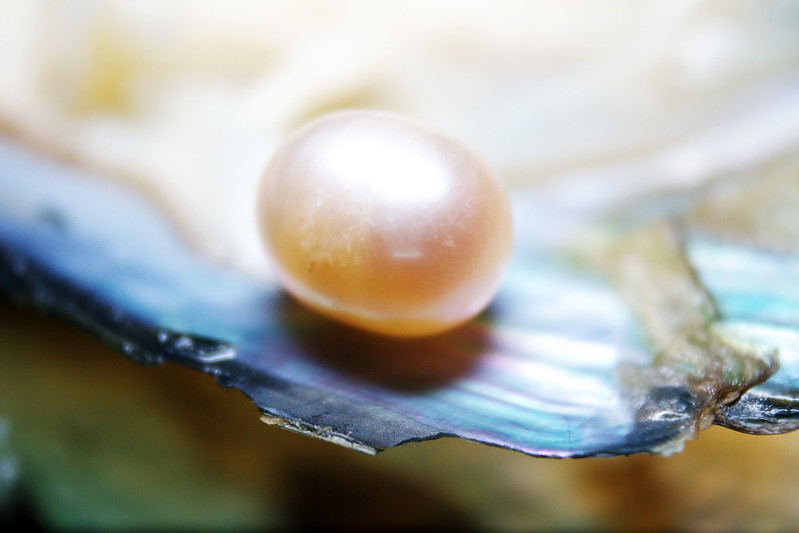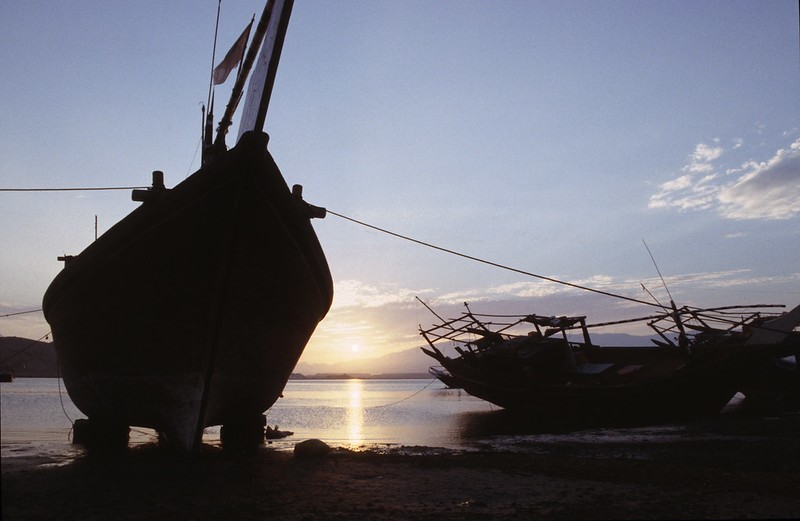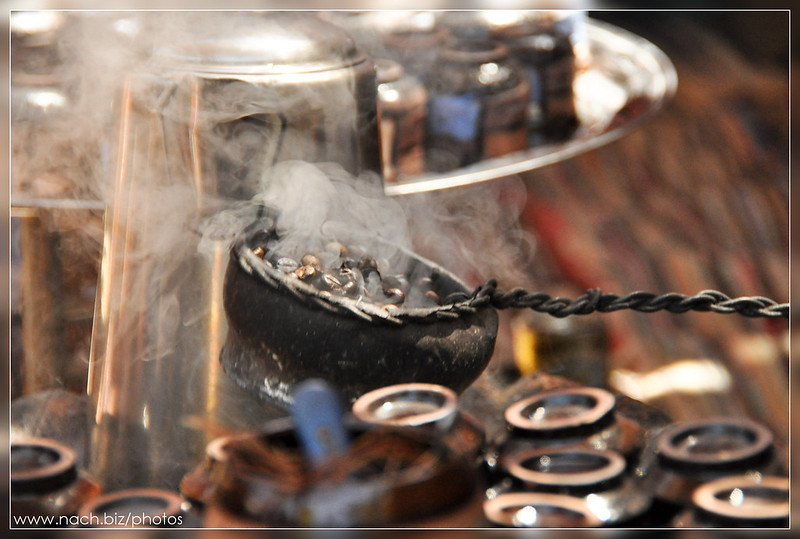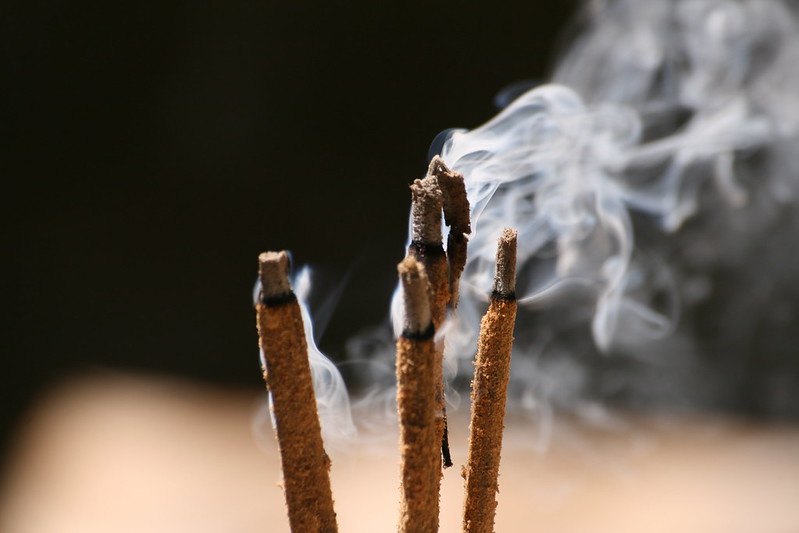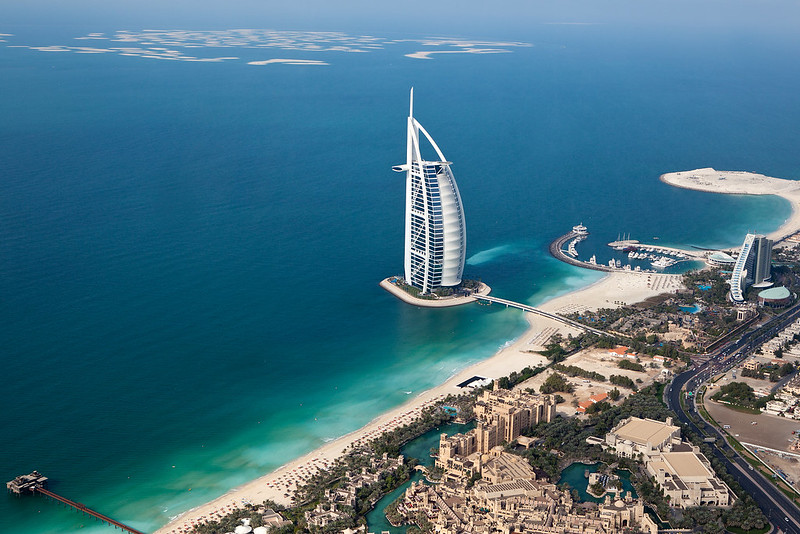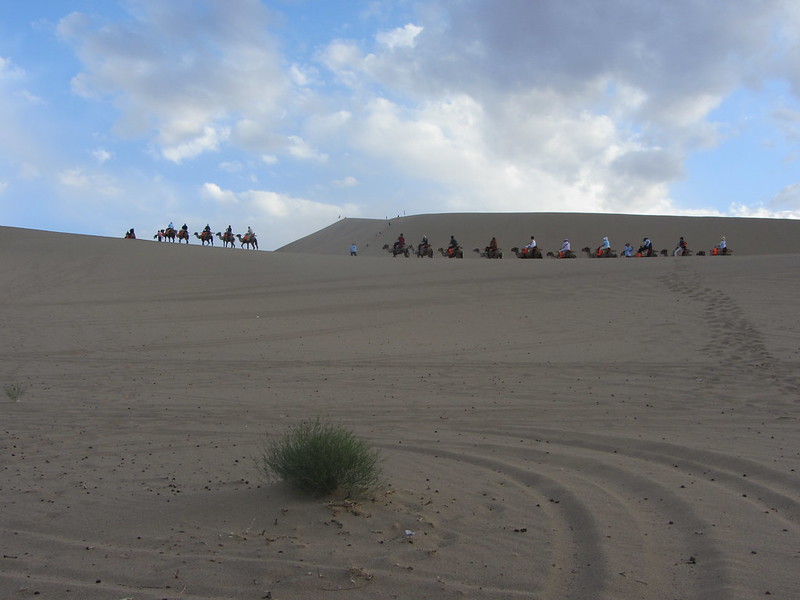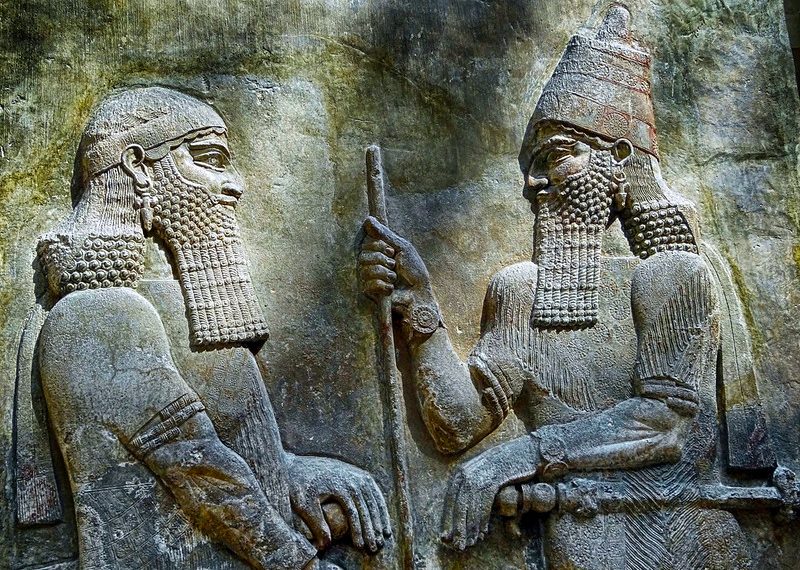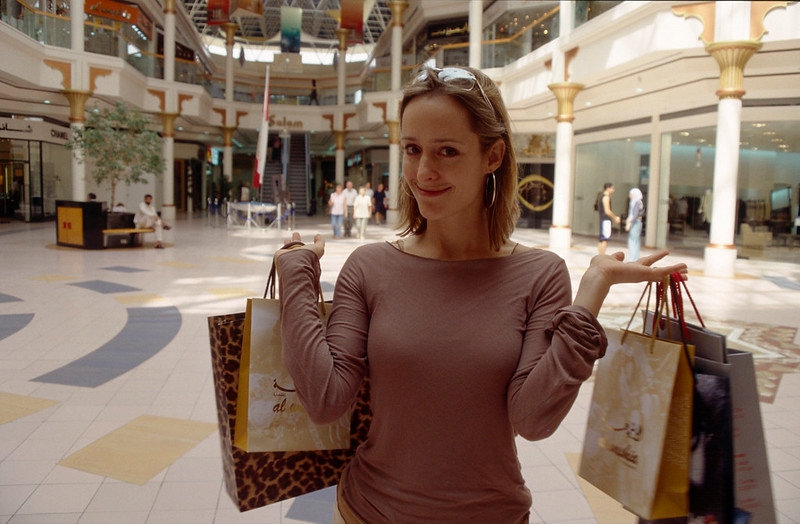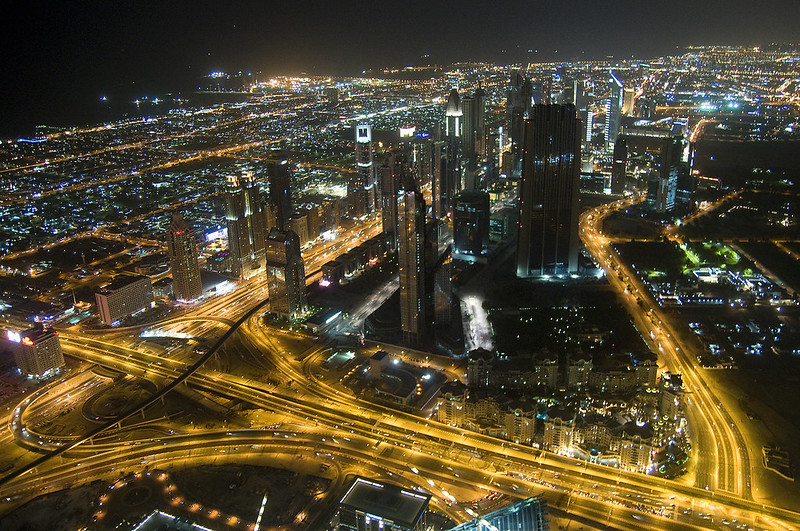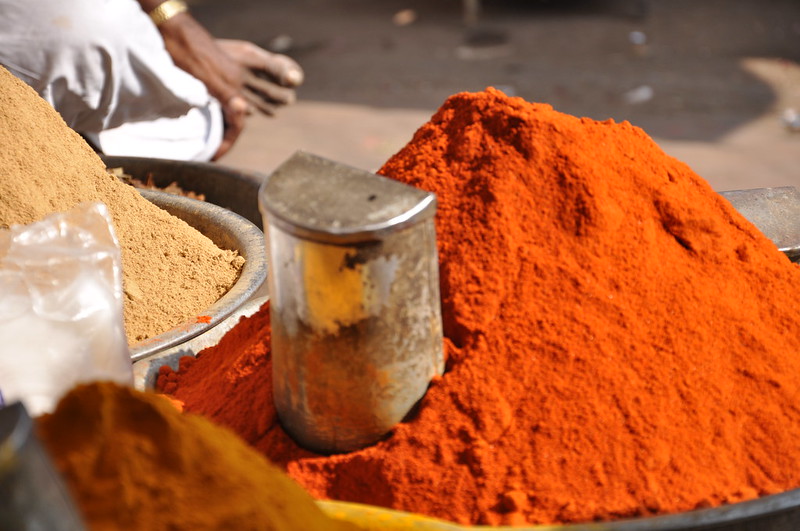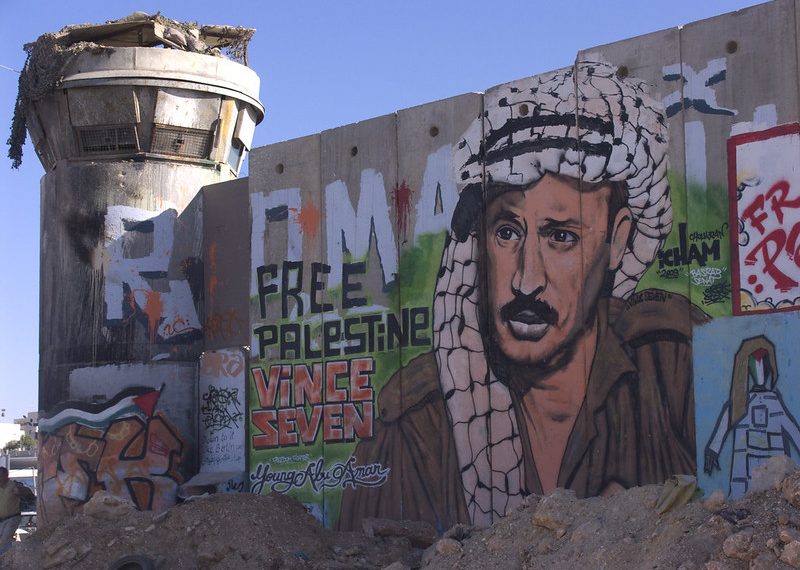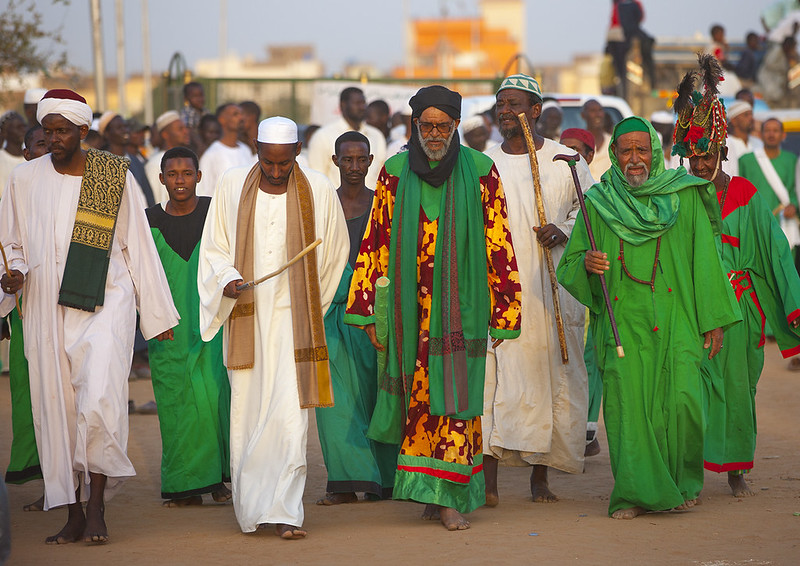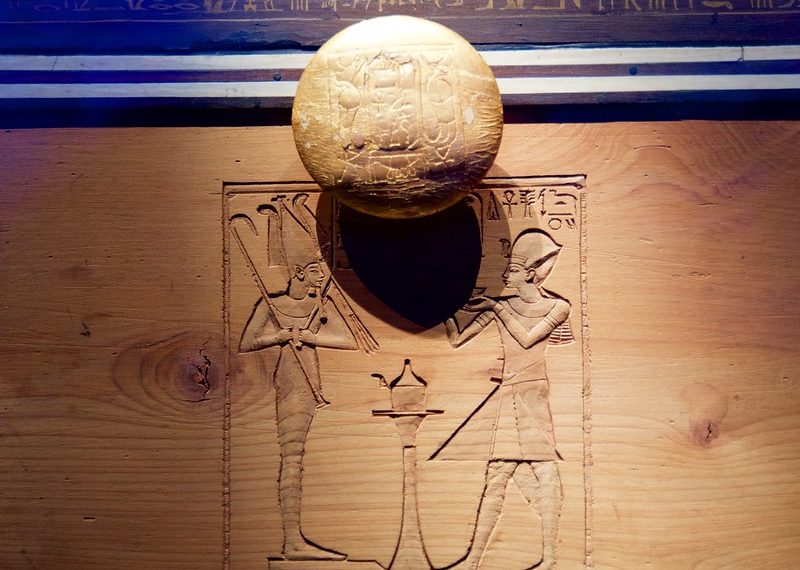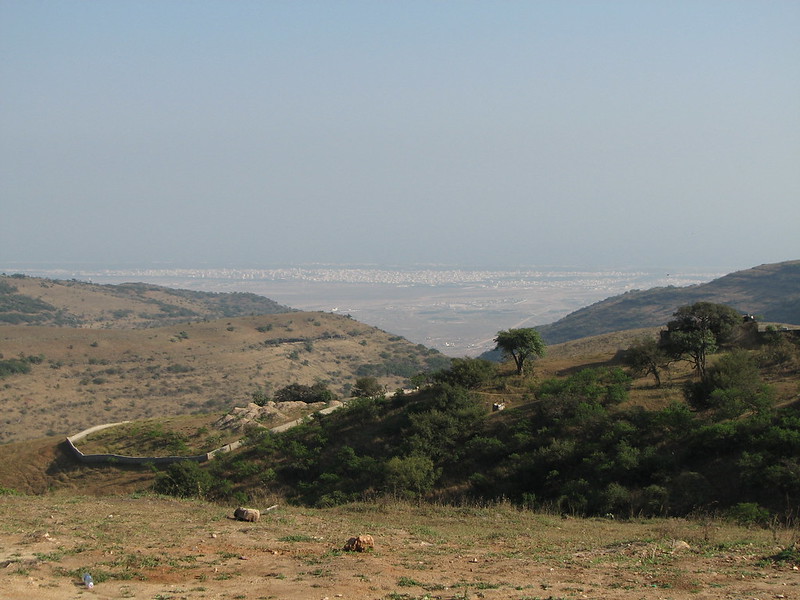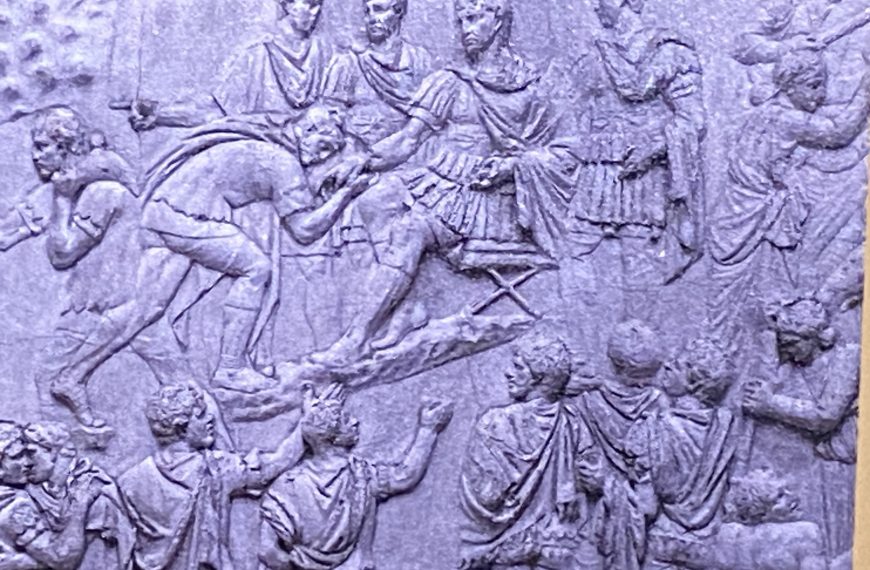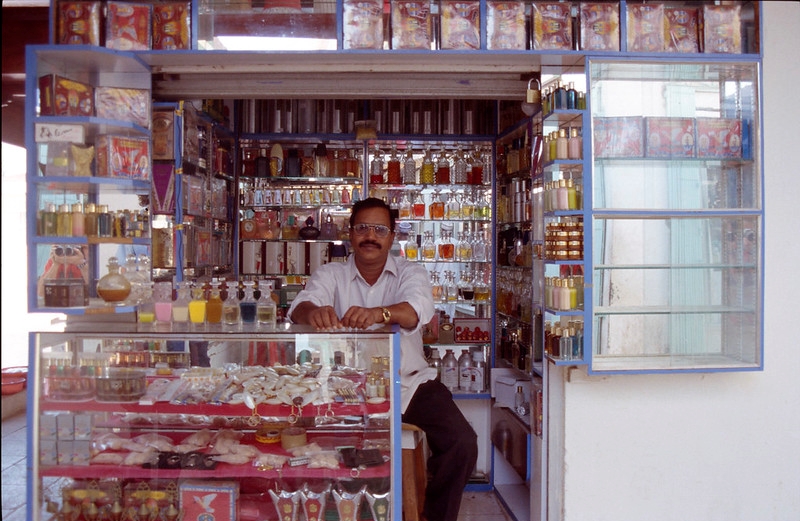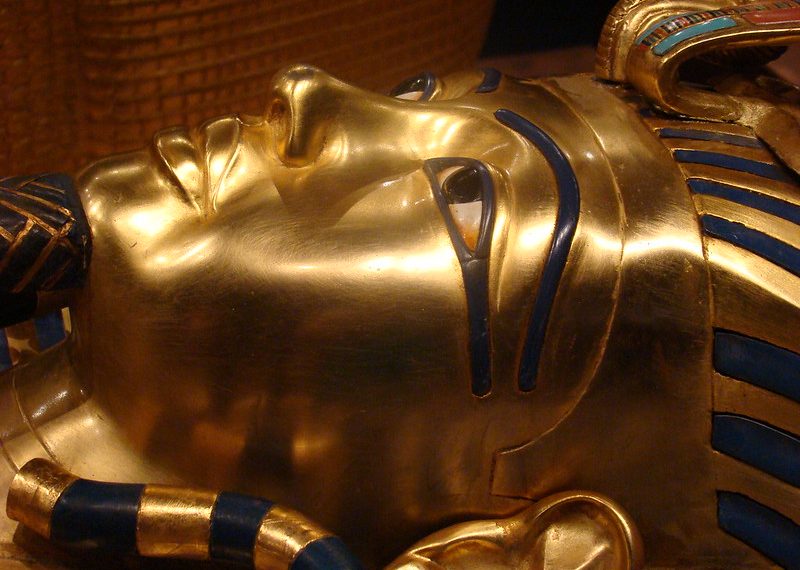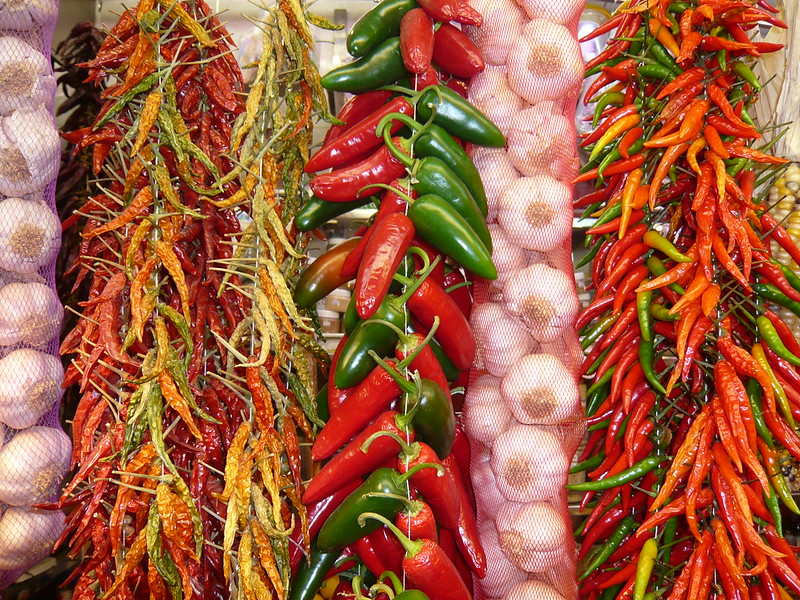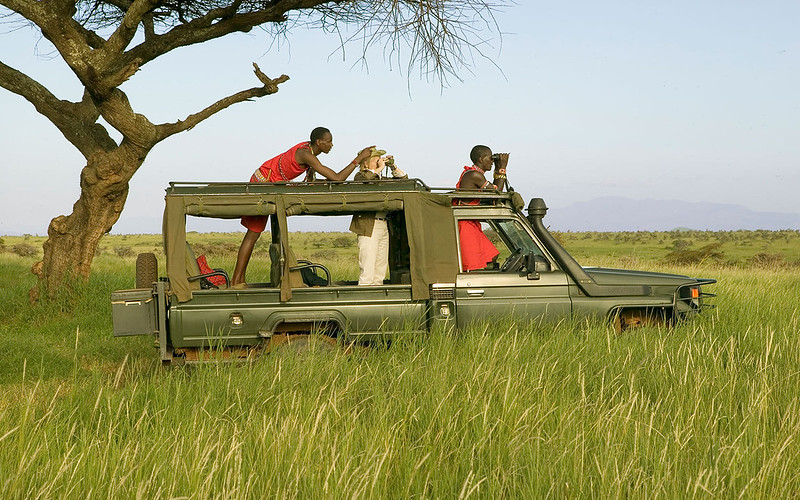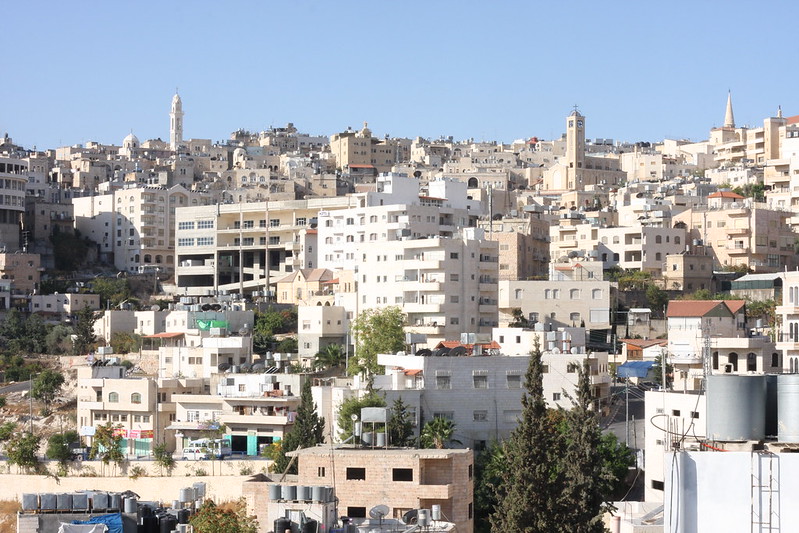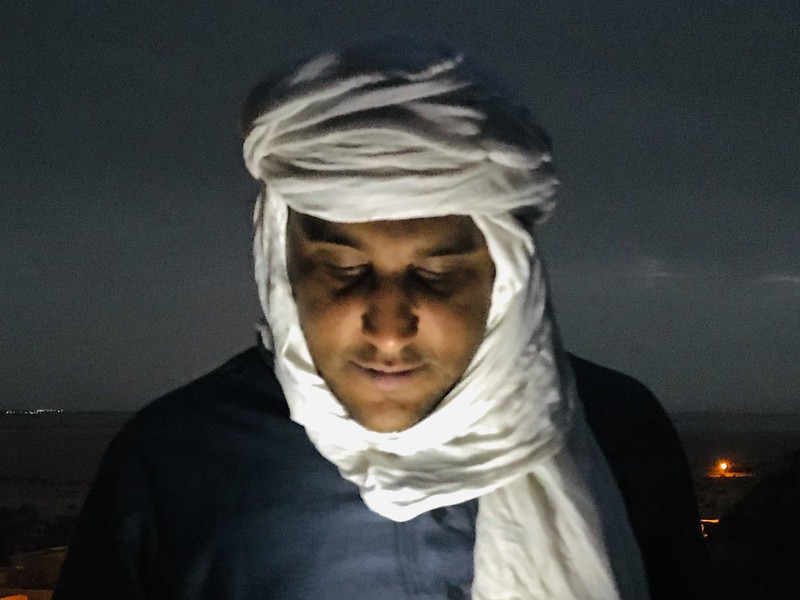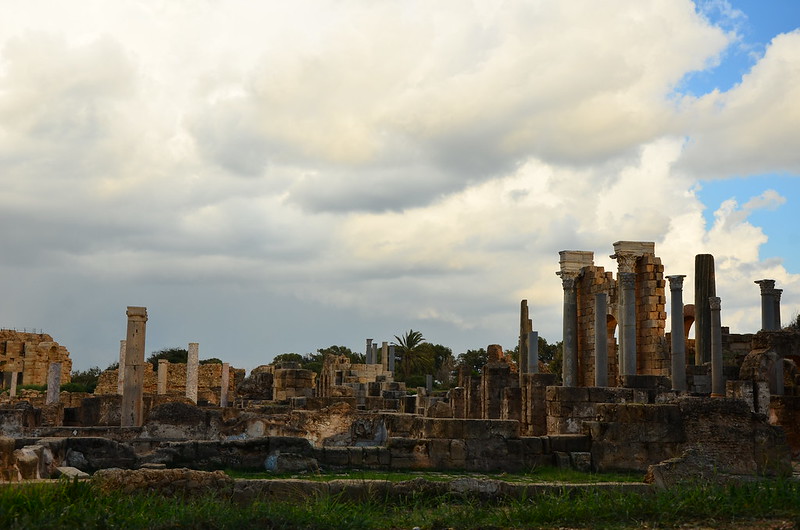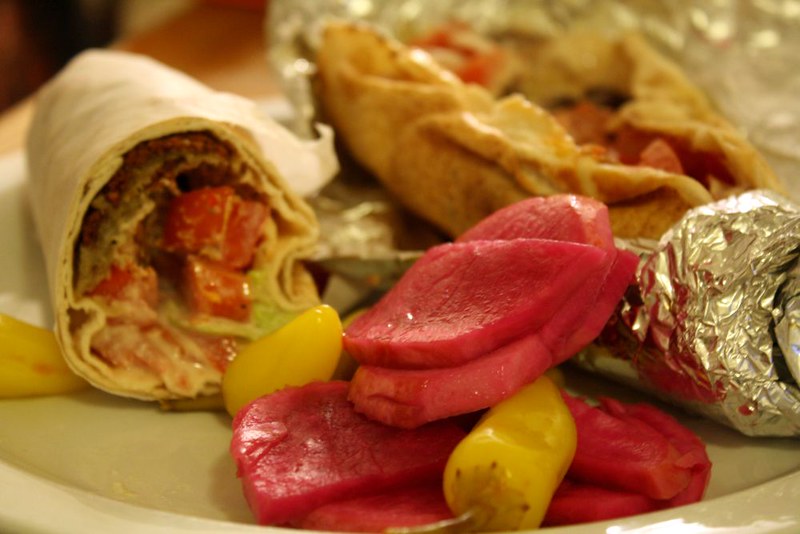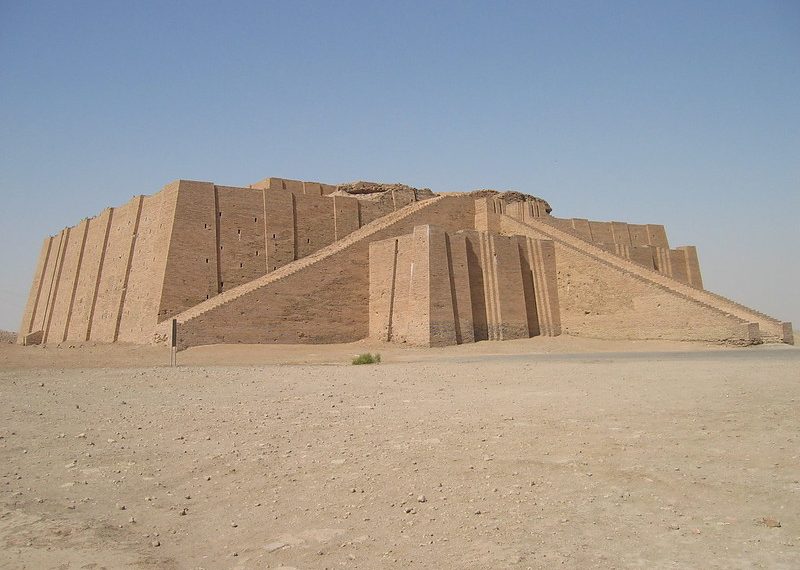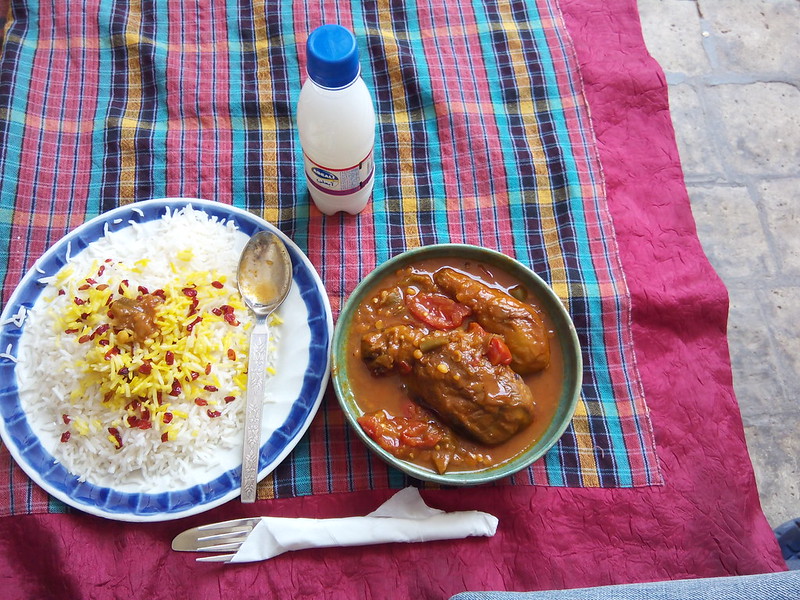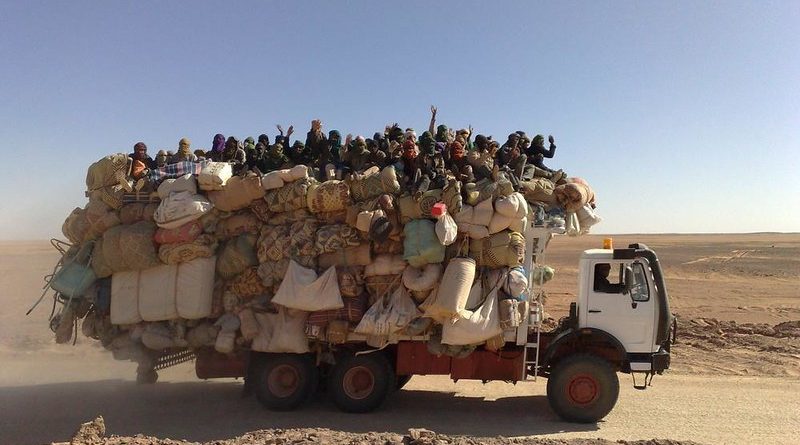
Libya
Libya is the land that the west forgot, with incredible ancient architecture and stunning scenery. It is a melting pot of different people because of Gadafi’s open door policy where people from all over Africa can come here without a passport. With a tiny population of just four million, it’s an unusual and remote spot for tourism, which is virtually non-existent at present. However, it’s an undiscovered gem for the adventurous traveller, with legacies of both Greek and Roman history in Leptis Magma and arid, unspoilt deserts.
Climate
Libya is a dry country and suffers from ghibli, a sandy wind which can make the temperature shoot up and can last several days. The steamy heat of summer can reach up to 50C, and is best avoided. It is fortunate that the desert oasis with acacia, fig and date plants provide a little shade in this wilderness.
Read More
Libya is a Sunni Muslim state and the religion is conservative but not fundamentalist. Modest dress and covered arms and legs are recommended for women, who are advised against travelling alone. The Libyan Dinar has a higher exchange rate: One Libyan dinar = $3 or £2 Exchanges rates vary all the time, so check with your local currency exchange bureau. Cash is the only option in Libya as credit cards and travellers cheques are rarely accepted. US dollars, Sterling and Euros are acceptable cash currencies to exchange. Libya is not particularly cheap for visitors, the people have a high standard of living and it is one of the wealthier African countries. Expect to pay at least $10 a night for a basic single hotel room, and at least $30 a night overall for accommodation, travel and food. Hotel accommodation can be expensive, around $100 US a night. Luckily, camping is recommended and acceptable. Visas are required for all international visitors to Libya. Those from or bearing visas for South Africa and Israel are not permitted entry to the country. You must also have your passport translated into Arabic, obtainable from an embassy or passport office. Apply at least a week before travel. Single women travelling alone are unlikely to be granted a visa. It may sound tricky, and indeed it is, but if you can’t deal with the paperwork, you can apply through a tour company. Arabic is the national language. A few people may speak English in the main cities, and older people may speak a little Italian. Berbers and Tuareg groups often speak their own tribal languages. There are only 4 million people in Libya, half of whom are children. The majority of people are Arabs, with an ethnic mix of Berbers, Tuaregs, Turks and Sub-Saharan Africans. The tiny population of just half a million who live outside of the cities are intensely tribal with strong family bonds. When in Libya, expect simple food, it’s not a country for gourmet and there are few restaurants, most of which will sell international cuisine. Alcohol is banned in public but can be taken privately in a home and acquired if you wish it. Favourite specialities include Lebi Lebi – A stew made with chick peas, egg, sea food and spices served in a ceramic bowl. It’s traditionally a poor man’s food but is now in fashion where it’s served in trendy nightclubs at 2 in the morning. A bowl will cost 70 cents and keep you going all day. Lekmi is a local brew made from fermented sap from the palm tree, and quite alcoholic. It is supposed to be one of the oldest forms of alcohol known to man. It is featured in the novel and film ‘The Beach’ as the travellers get drunk together for the last time in a terrible and sickly orgy. Libya’s roads and bus system are also of a good quality. Bus is the most reliable and safest way to travel internally, and air conditioned buses leave Tripoli to just about anywhere daily. You’ll probably need to book in advance. You may need to hire a car or motorbike at some point as many of Libya’s top attractions are off-road. This can be an expensive business, and you’re better off bringing your own motorbike. Hitchhiking is a risky but viable option to see the sights without your own vehicle. A word of warning: Since the Lockerbie bombing of 1988, the UN have imposed an air embargo on international flights entering Libya, which looks set to remain in place for some time. The only way to enter the country is by land routes, particularly from Cairo in Egypt.Dress
Cash
Visas
Language
People
Food
Travel

